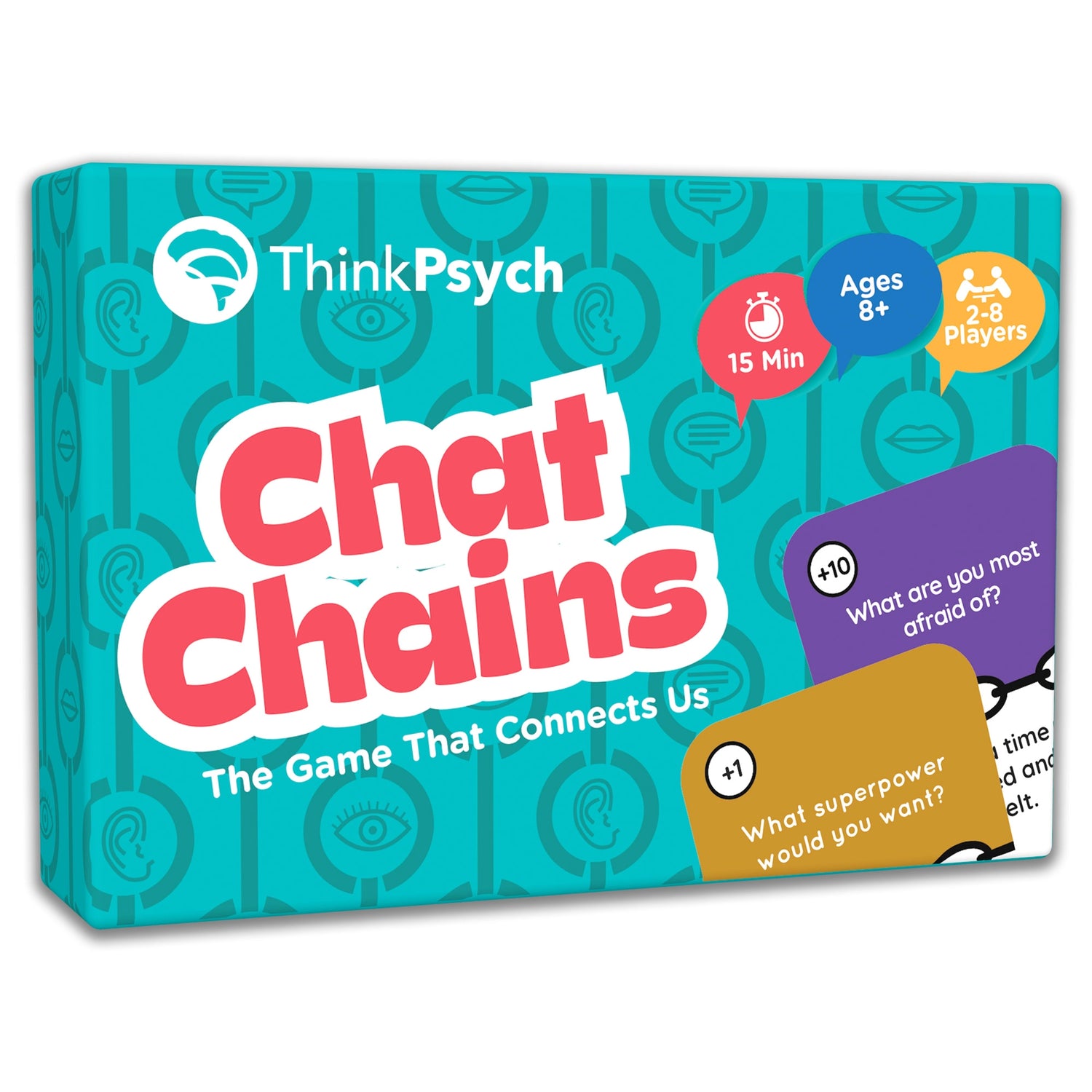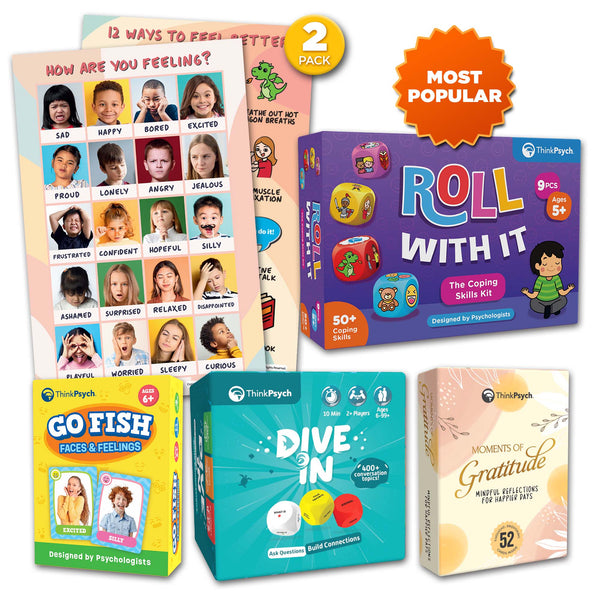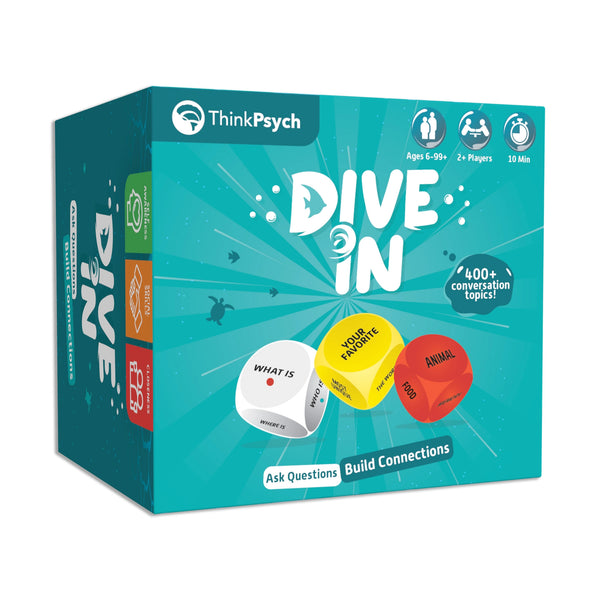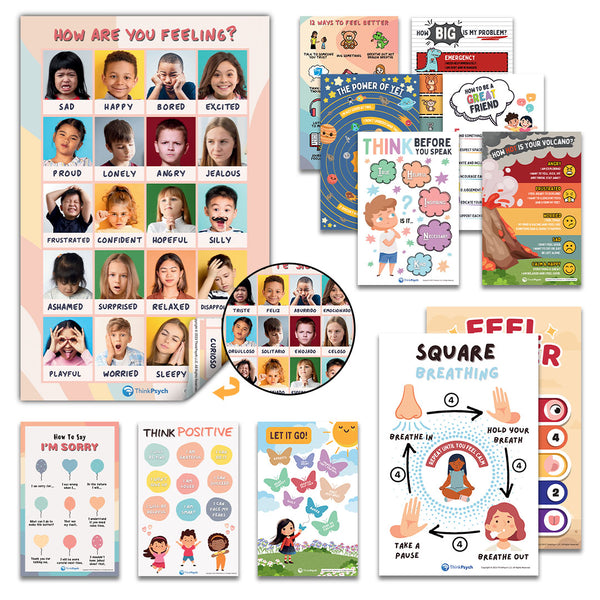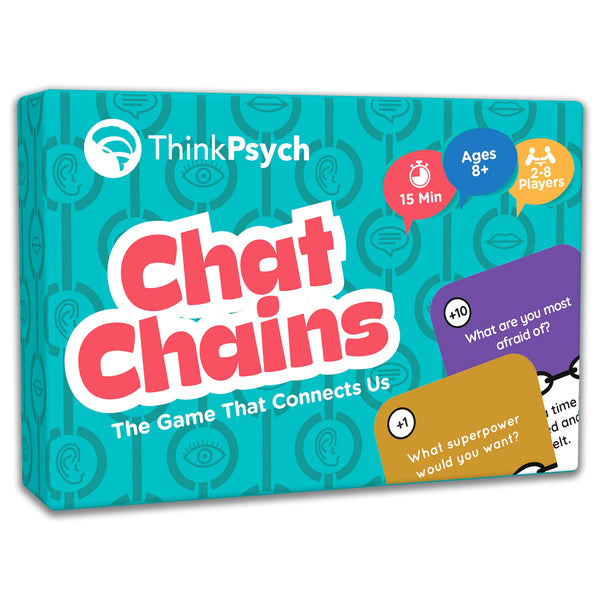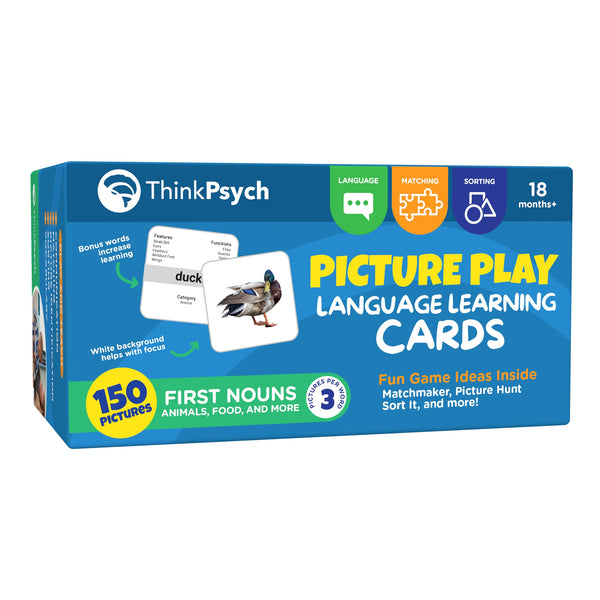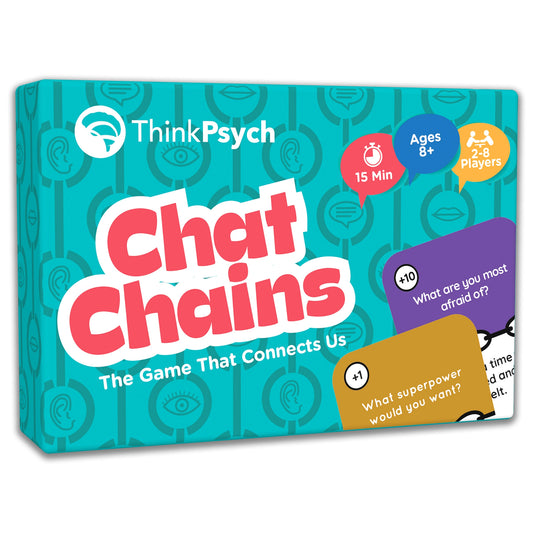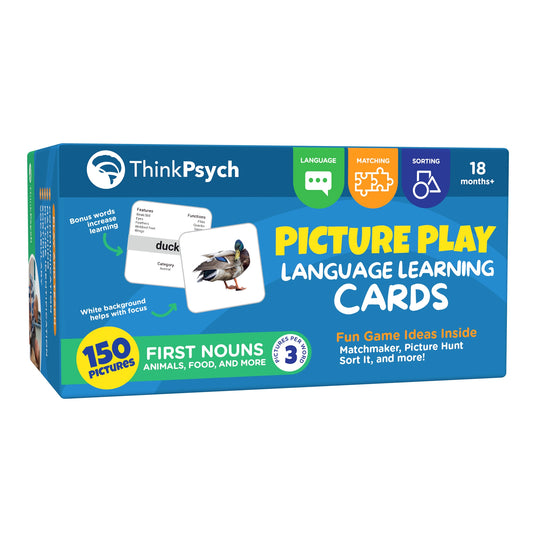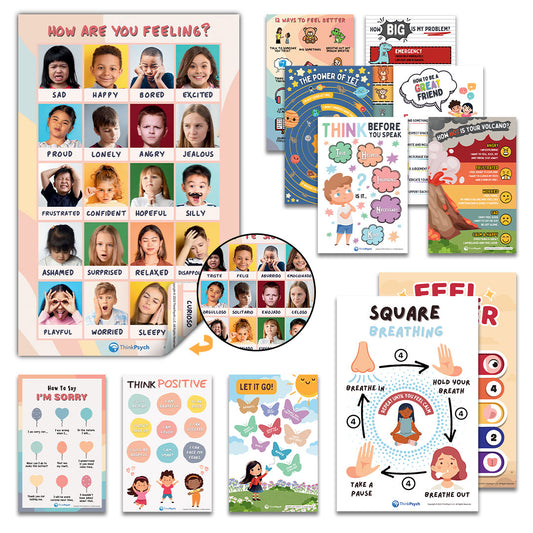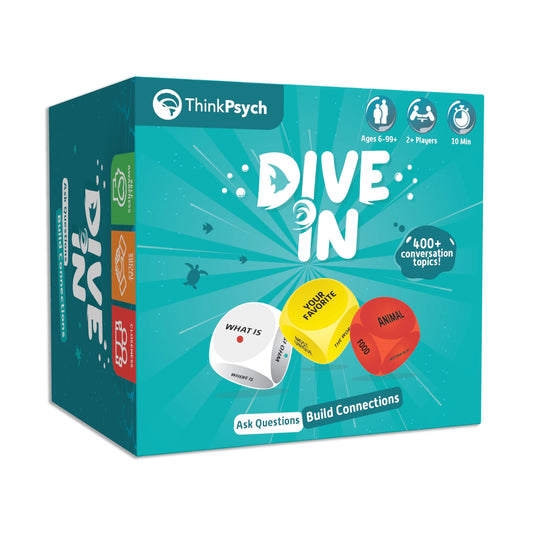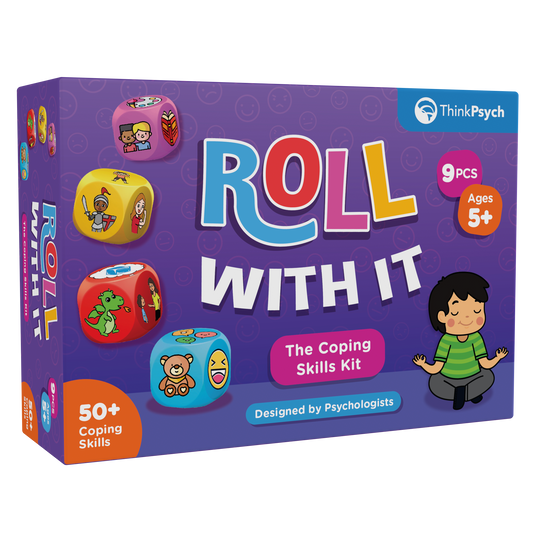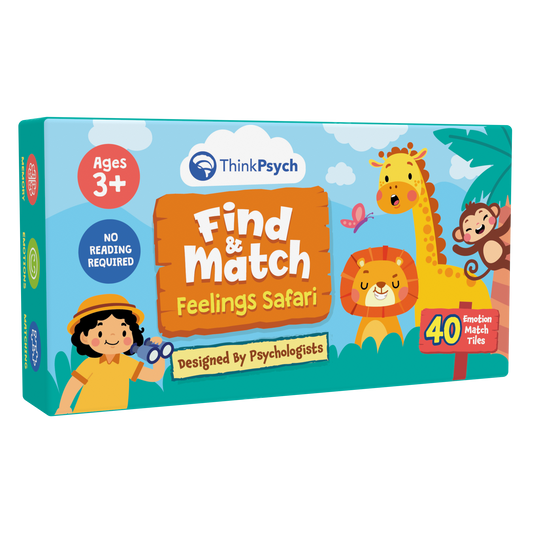
How to Teach Respect to Your Child
Share
The behavior of children can sometimes be a little unruly. Children can throw tantrums and get angry, or be honest in ways they don’t always realize are hurtful. And while a child expressing themselves is part of their charm, it’s important that children know when simple honesty can go too far.
Teaching a child respect is a necessary part of instilling them with good values. It’s respect that enables them to understand the perspectives of others and build healthy relationships. That’s why it’s so important to prioritize this skill so your child can engage in a positive, meaningful way with others.
Fortunately, how to teach respect at home is mainly a matter of providing it to your children! Learn a few ways that you can help your child feel respected so they will – in turn – understand how to be respectful of others.
Value their Choices
A key part of how to teach respect to a toddler is setting appropriate boundaries for them. It can be difficult, but boundaries are often about being able to say the word ‘no.’ When you feel like your child might hurt themselves or someone else, it’s important to set limits.
And while there may be certain things you won’t let your children do, there has to be wiggle room when it comes to their preferences. For example, if your child wants to wear clothes that don’t match or scribble all over the place when doing art activities in their coloring book, let them! Being able to make their own choices is all about them expressing their free will and exercising their choices. Over time, it will also help them establish their sense of self.
By letting your child make choices that won’t cause them harm, they’ll understand and respect the choices of others.
Deal with Disrespect
One of the best things about a child is their innocence. And in tandem with that sense of innocence, children can oftentimes be blunt. Unfortunately, being blunt can often come off as rude or even unkind.
In instances where your child is overindulging in their feelings or saying mean things about someone else, it’s important to know how to teach respect appropriately. For example, if your child says something like, “My classmate is stupid,” be sure to challenge them. You may want to say something like, “That’s not a very nice thing to say. They may have a learning disability or have a different skillset.”
Children may often say the first thing that pops into their mind. But it’s important that they understand that harsh words can be hurtful and establish emotional vocabulary to express themselves. By doing this, they can exhibit more empathy and understanding of others.
Be Polite
When we’re encountering challenges with our children, it can be tempting to shut them down. You may feel like raising your voice or expressing anger as a quick way to end the conversation. But no matter the issue, it’s very important to keep calm and stay polite when you teach respect at home.
For example, if your child is taking their time when getting ready for school, it can be tempting to get upset with them. Instead, say, “I think it might be best to get up a little bit earlier so we can be ready for school on time.” It can sometimes be hard in the heat of the moment, but it’s a crucial part of teaching conflict resolution. By seeing this behavior, children will learn to model it when they are upset about something.
It’s important to be aware that we’re all human and there will be moments where you end up getting upset. But when it happens, be sure to take ownership and apologize so your child will learn to do the same.
Shop ThinkPsych Products
Give Them Your Attention
In the busyness of day-to-day life, it’s easy to get lost in the shuffle. Showing our kids our full attention can be hard between making dinner and cleaning up and getting on with day.
It’s not necessary or even possible to give children our full attention all the time. But when it comes to how to teach respect, it’s important to provide uninterrupted time each and every day. This means putting your phone down, making eye contact, and asking them some direct questions about their day.
If you’re not able to get your child’s attention, be sure to turn off the television or ask them to take a second so you can really talk. Over time, your child will begin to understand how to relate to you so you can engage in conversations that are meaningful and reciprocal. It will also help your child develop their listening skills and build relationships.
Teach Curiosity
It may be an unsung virtue, but curiosity is the key to how to teach a child respect. That’s why it’s so important to promote this quality so your children can learn to engage with the world around them.
Fortunately, curiosity starts at home! You can inspire this quality by asking your children questions about things they like and why they like them, or how they feel about something. This can help them to think about the world and consider their thoughts in a deeper way. From here, they can learn to engage with others and understand the world how others see it.
It is only through curiosity that a child will learn to delve into their own ideas of the world and engage in a meaningful way with those of others. It will also provide an important means for them to seek out and pursue their passions.
To Get Respect, Give Respect
Sometimes teaching our children the skills they need to be happy and successful in life seems complicated. However, oftentimes teaching respect to children is a matter of exhibiting certain behaviors so they can follow our lead! By being considerate of your child, valuing their choices, and dealing with any disrespect, they’ll be able to understand what it’s all about.
Are you a parent that’s trying to figure out how to teach respect to your child? Our Coping Skills and Emotions posters can help your child understand their emotions so they can reflect on them in a transformative way.
By dealing with their emotions positively, they’ll be able to exhibit empathy for others and develop relationships that are built on mutual respect.
References
Psychology Today. 8 Ways Parents Can Teach and Get Respect. https://www.psychologytoday.com/ca/blog/raising-kind-kids/202111/8-ways-parents-can-teach-and-get-respect
Parents. 10 Simple Ways to Raise a Respectful Child. https://www.empoweringparents.com/article/do-your-kids-respect-you-9-ways-to-change-their-attitude/
Empowering Parents. Do Your Kids Disrespect You? 9 Ways to Change Their Attitude. Do Your Kids Disrespect You? 9 Ways to Change Their Attitude
